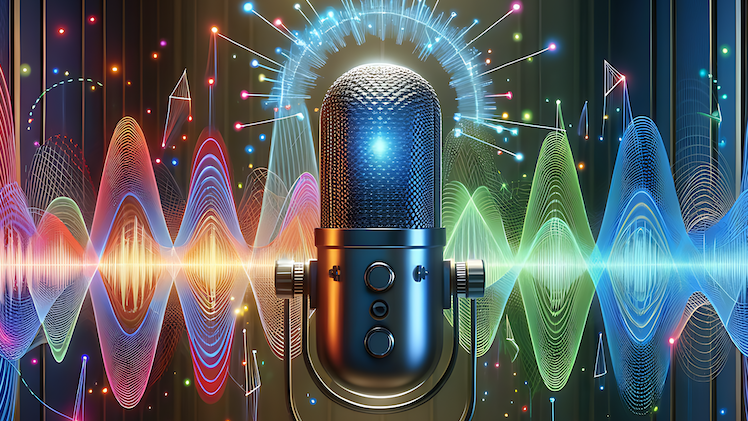
AR Rahman, the much celebrated Indian musician, recently made waves in the Music Industry by bringing the voices of two noted late singers back to life with the help of Artificial Intelligence. This was a part of his upcoming project “Thimiri Yezhuda”. Rahman was close to both the late singers and he was able to replicate their distinctive patterns of voice using the technology. The musician further clarified that he had obtained all the necessary permissions from the family members of the singers and requisite remuneration was paid for their voice algorithms. The same serves as a prime example of how in the coming days there can be a coexistence of Technology and Artistic Works. However this leads to an extensive debate of the Legal issues raised by posthumous contributions in the digital era and how this field is rapidly reshaping.
Voice as a part of Personality Rights
The advent of AI draws attention to the increasing impact of the same. The technologies like Dream track introduced by YouTube allow an ordinary person to create Original sound tracks in the voice of their favourite artist by giving just prompts. Even though in the cases discussed above proper consent and permissions were obtained, several technologies are being introduced that do not comply with the consent factor. There exists a large ambiguity when it comes to protecting the voice of artists in India. The voice and its algorithms will primarily falls under the ambit of personal and publicity rights. Nevertheless, the legal aspects concerning both AI and personality rights are still in their budding stages. In the recent case of Anil Kapoor vs Simply Life India & Ors. the voice, image and persona of Anil Kapoor were used for commercial gain without his consent. The Delhi HC granted an omnibus ex-parte injunction restraining the concerned entities and the world at large from using the same for commercial gains. However it is a settled position in India that there is no inheritance or posthumous application of personality rights. In the case of Deepa Jayakumar v. A.L. Vijay it was held that the “reputation of a person, as well as personality rights, as well as the right to privacy which emerge as its sequelae, are not heritable, and stand extinguished with the extinguishing of the person concerned;”. Therefore it leaves no such legal restrictions as there exist no posthumous personality rights. Yet, this gives rise to concerns related to Data Acquisition. It is a well-known fact that AI requires training to develop a work. This requires the utilisation of a lot of inputs. If these inputs are copyrighted by music labels won’t it raise a question of copyright infringement? Nonetheless, laws and judgment governing data utilization by AI remains silent and it is high time that such issues are addressed in order to clear the ambiguity. The existing Legal Framework is not equipped enough to address the issues surrounding AI and the threats it will pose in the music industry. There is an alarming requirement for the laws to acknowledge personality rights like voice. The lawmakers must come together to establish guidelines to establish the right use of such technology while protecting the integrity of the music industry.
© 2026 Business Consultant & Law Firm - Legacy Partners. All Rights Reserved.
Designed by Nuewelle Digital Solutions LLP

Legacy Partners
We typically reply in a few minutes